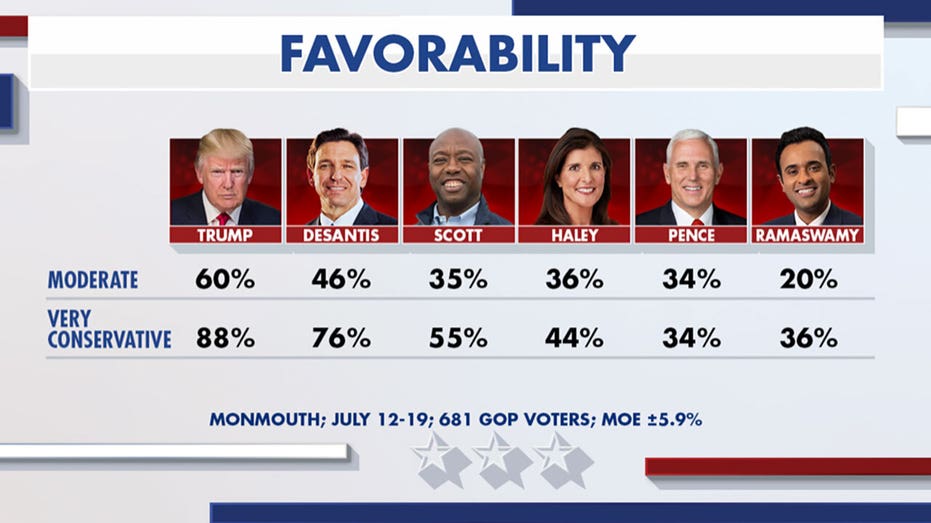Impact of Presidential Debates on Public Opinion

Presidential debates are a cornerstone of American democracy, offering voters a direct glimpse into the candidates’ positions, personalities, and communication styles. These televised events can have a significant impact on public opinion, influencing voter perceptions and shaping the electoral landscape.
Voter Perceptions and Candidate Image, Presidential debates
Presidential debates can significantly influence voter perceptions of candidates. The debates provide a platform for candidates to showcase their knowledge, articulate their policies, and demonstrate their leadership qualities. Voters pay close attention to candidates’ responses, their ability to handle pressure, and their overall demeanor.
- Candidate Performance: Strong performance in a debate can enhance a candidate’s image, increasing their perceived competence, trustworthiness, and likability. Conversely, poor performance can negatively impact these perceptions, raising concerns about a candidate’s suitability for office.
- Issue Salience: Debates can elevate the prominence of certain issues, prompting voters to prioritize them in their decision-making process. Candidates who effectively address these issues can gain an advantage by appealing to voters’ concerns.
- Candidate Differentiation: Debates provide a crucial opportunity for candidates to distinguish themselves from their opponents. Voters often look for clear differences in policy positions, communication styles, and overall vision for the country.
Strategies and Tactics Employed in Presidential Debates

Presidential debates are a crucial part of the American political landscape, providing voters with a direct comparison of candidates’ positions and personalities. While the debates are intended to be forums for informed discussion, they often become strategic contests where candidates employ a variety of techniques to sway public opinion. Understanding these strategies and tactics is essential for analyzing the debates and evaluating the candidates’ performances.
Communication Styles
Candidates’ communication styles significantly impact their ability to connect with voters and influence public perception. Some candidates adopt a direct and assertive approach, emphasizing their core values and policy positions. Others prefer a more nuanced and diplomatic tone, seeking to build consensus and appeal to a broader audience.
- Direct and Assertive: This style is characterized by clear and concise statements, strong opinions, and a willingness to challenge opponents. Examples include President Donald Trump’s use of blunt language and forceful delivery.
- Nuanced and Diplomatic: This style emphasizes compromise, understanding, and the ability to listen to opposing viewpoints. Former President Barack Obama’s communication style often reflected this approach, emphasizing empathy and seeking common ground.
Common Debate Tactics
Beyond communication styles, candidates utilize various tactics to gain an advantage during debates. These tactics can range from direct attacks on opponents to appeals to emotion and strategic evasions.
- Attacks: Candidates often engage in direct attacks on their opponents, aiming to undermine their credibility or expose perceived weaknesses. This can involve highlighting past controversies, questioning their qualifications, or challenging their policy positions.
- Evasions: Candidates may employ evasive tactics to avoid answering difficult questions or addressing sensitive issues. This can include changing the subject, offering vague responses, or deflecting blame.
- Appeals to Emotion: Candidates frequently appeal to voters’ emotions, seeking to evoke feelings of hope, fear, or anger. This can involve using powerful imagery, personal anecdotes, or emotionally charged language.
Role of Debate Moderators
Debate moderators play a crucial role in shaping the conversation and ensuring a fair and informative exchange. They are responsible for setting the tone, enforcing the rules, and facilitating a balanced discussion.
- Setting the Tone: Moderators can influence the tone of the debate through their choice of questions, their demeanor, and their willingness to challenge candidates.
- Enforcing the Rules: Moderators are responsible for enforcing time limits, ensuring that candidates stay on topic, and preventing personal attacks.
- Facilitating a Balanced Discussion: Moderators strive to ensure that all candidates have equal opportunities to present their views and that a diverse range of perspectives are represented.
Presidential debates are often seen as pivotal moments in a campaign, offering voters a glimpse into the candidates’ policies and personalities. To gauge the impact of these debates, analysts often turn to polls like the Rasmussen Presidential Poll , which tracks public opinion and provides insights into the race’s trajectory.
By analyzing these poll results, experts can better understand how the debates might be shaping the electorate’s views and influencing the outcome of the election.
Presidential debates are a crucial platform for voters to assess candidates’ policies and personalities. While the focus is on grand political ideas, the setting itself often reflects a sense of formality and tradition. A classic example is the use of a square 4 chair table , which symbolizes order and structure, providing a neutral backdrop for the heated exchanges between candidates.
